Sanusi Lamido Sanusi as emir of Kano is now history in the making. Even if a worst case scenario plays out and he is given the Dasuki treatment tomorrow by whomever, history would still have it that he was the emir of Kano at some point. Although history does not unfold at anybody’s pleasure, I assume the coalition of forces and interests that saw him into power would ensure that a worst case scenario never befalls him. And if no worse case happens, then we look forward to SLS as emir for the same if not longer length of time than his predecessor. Zaaaki!
The power play circumscribing his ascendancy, Kano emirate itself and his individuality have combined to force on Nigeria a topic that many cannot be indifferent to and this shows in the diversity of comments that have greeted his emergence, both within Nigeria and in the international media. The height of this diversity must be where someone said the Igbos in Kano must vote in the selection of an emir of Kano because they are stakeholders too. It is a lovely sentiment, much like late Julius Nyerere’s sentiment that we must all vote in the election of an American president because, at the end of the day, America affects everyone, one way or the other. Similarly, Kano affects everyone, one way or the other in Nigeria.
If Kano affects everyone, somehow, then that must be the explanation for ‘the mystery of these thrones’ that Mahmud Jega drew attention to in his June 9, 2014 Monday column. Brilliantly, Jega declined answering his own poser in any committal manner. It was good he didn’t because there is no answer. As social constructivists would argue, the meaning of that stool or of any other office is what the office holder makes of it. Sanusi Lamido’s ascendancy became global stuff only because the world thinks that with him up there, the stool is in the hands of a constructivist. A constructivist is not necessarily a radical but just that s/he doesn’t have a static view of reality, meaning s/he can be as harmless today as s/he could equally be ‘dangerous’ tomorrow, depending on the issue on the table.
Proceeding from this premise, my first argument here is that the promise and potentials of SLS would be totally defeated if he accepts some of the advice pouring forth, particularly the one asking him to keep off from controversy. Of course, no one would expect an incumbent emir of Kano to be joining issues with every Tom, Dick and Harry in the newspapers every other day but that stool is, nevertheless, a platform for the articulation and propagation of core values in cultural cum religious, economic, political, philosophical, diplomatic and even defence realms. And it is the perception that when he gets down to it, he is capable of articulating and propagating the sharpest and, by implication, the most progressive understanding of these realms.
Advertisement
For many of us, the promise is that a philosopher, a policy expert, a public intellectual and a crusader is on such a strategic throne. And we don’t think that because he is now the emir of Kano, he wouldn’t find an emir-seque way of saying, for example, what he said on the ‘China in Africa’ debate. He is, to my knowledge, the second of the only two Africans to have taken a categorical position on the issue. Yet, that is issue that will make or mar Africa in the 21st century. It is not about whether what he said is right or wrong but about providing a point of entry on such a crucial issue affecting millions of Africans who have no voice of theirs. That is qualitative leadership, completely different from the quantitative leadership we have all over Nigeria now, most of whom have no idea of the essence of the office they occupy beyond the siren that they have converted to a status symbol.
It would have been unthinkable if President Jonathan did not clash with SLS. But it is only a Jonathan who would so lack the political technology to relate with an SLS. You don’t throw away people like Sanusi Lamido. Even if you have to remove him from a particular job, you take him elsewhere because, no matter how you disagree with him, he has got a flavour that Nigeria needs. And it shows in international media coverage of his ascendancy which is something. After all, the only time most African leaders are ever mentioned in those media is when they pull a fast one on their own people, either in stealing so much money or in their capacity to suppress their own people in the most brutal manner. Then they begin to allege negative reporting of Africa. Of course, there is negative reporting of Africa but there is also the reality of terrible leadership across the continent.
It is precisely for another sort of that flavour that some of us wished Chief Audu Ogbeh accepted to be the Och’Idoma of Idoma a decade or so ago. Although the incumbent Och’Idoma is a man who has paid his dues in these matters, we thought that Audu Ogbeh would have been an African PR, not to talk of the overwhelmed Idoma. It couldn’t have been anything less for a philosopher, an artist, a speaker of French, an author, an orator and a politician of ideas. There are many things we do in the name of culture that are not cultural at all and only a constructivist in orientation can productively synchronise such aberrations into normativity.
Advertisement
It is difficult to forgive SLS for supporting fuel subsidy removal in 2012. Still, it is now up to Nigeria, particularly Northern Nigeria, to make use of the new emir. Today, the North is in tatters. My more informed friend on these matters tells me that if Nigeria were an Islamic society, all the conditions for the declaration of a Jihad have been fulfilled – school children are abducted, women are raped, farmers are killed in their homes and farms, faithfuls are attacked in churches and mosques, leading figures are unsafe. Nigeria is not an Islamic polity but some form of social reconstruction is inevitable. And that social reconstruction must begin with exactly the kind of things the North has been most hostile to in the past three decades.
One is hostility to alternative views that can help a society anticipate and manage change. So hostile has been the North that it embarked on wilful destruction of centres of incubation of ideas. Today, the Ahmadu Bello University, Zaria, for example, is a shadow of its old self in this regard. And it shows in the fact that something like Boko Haram is raging and there has been none of those piercing analyses from ABU serving as lead paper guiding the discussion on the insurgency. In the absence of such, the rest of Nigeria is lost in street wise analysis of the crisis. But the North was so hostile to the kind of atmosphere that made such patriotic scholarship possible even as it is true that leaders of Northern Nigerian extraction started staggering from one blunder to another following the collapse of the pan-Africanist, nationalist scholarship support base at ABU and other centres of progressive ideas in the country.
Yet, Northern leaders live in denial of the crisis of ideas in the region symbolised by the morbid decline of ABU, Zaria, which has left her stock of many brilliant academics institutionally stranded. Only T. Y Danjuma has acknowledged this with a donation last year. But it is doubtful that ABU of today can fulfil the conditions for accessing that funding. I stand to be corrected.
Another is the imperative of reconciliation in the North via a completely deliberate political process upon which the resolution of the stalemate in the country itself rests. It is exactly two years ago that the Northern elite, (Christians and Muslims) were told they should be prepared to be bystanders in Nigerian politics if they didn’t reconcile. Yet, the matter was not taken up with the urgency it required until the present economic, political and security mess into which Nigeria has degenerated to the extent of being a laughing stock in Africa, not to talk of Europe and North America. But there is no alternative to reconciliation in the North if you are looking for that balancer upon which Nigeria’s stability will rest. So, it is not Northern chauvinism or any chauvinism at all to push this position because no other region of Nigeria has the pluralism or diversity as to provide that balancer for this unique federalism called Nigeria without degenerating to ethnic rule.
Advertisement
No one individual, not even when he is the king of Kano, can put all these right but one individual like Sanusi Lamido not constrained by the many things constraining many of Nigeria’s power elite can do so much, being well positioned in the community of traditional rulers to influence class, ethnic and religious reconciliation in the North. For that reason, may the North produce more of his types although this is not a prayer for any more top traditional ruler to die. And even then we must then watch out and ensure that no smart Alecs develop the appetite, cuts corners and become the next Emir, Oba or Obi or first class traditional ruler anywhere in Nigeria. For, at the rate we are going, the rising crop of traditional rulers might be Nigeria’s saving grace, given the culture of hopeless political leadership we have entrenched.
It is in this spirit that I end this piece by saying, let’s leave SLS alone to be his natural self. That way, some of his mistakes would even become innovations. None would become a scandal because, in spite of everything, he doesn’t say unreasonable things. So, what is our problem?
*Onoja is in Politics and International Studies Department, the University of Warwick, UK
Advertisement
Views expressed by contributors are strictly personal and not of TheCable.
1 comments
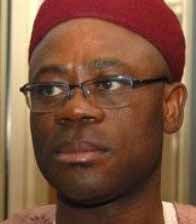
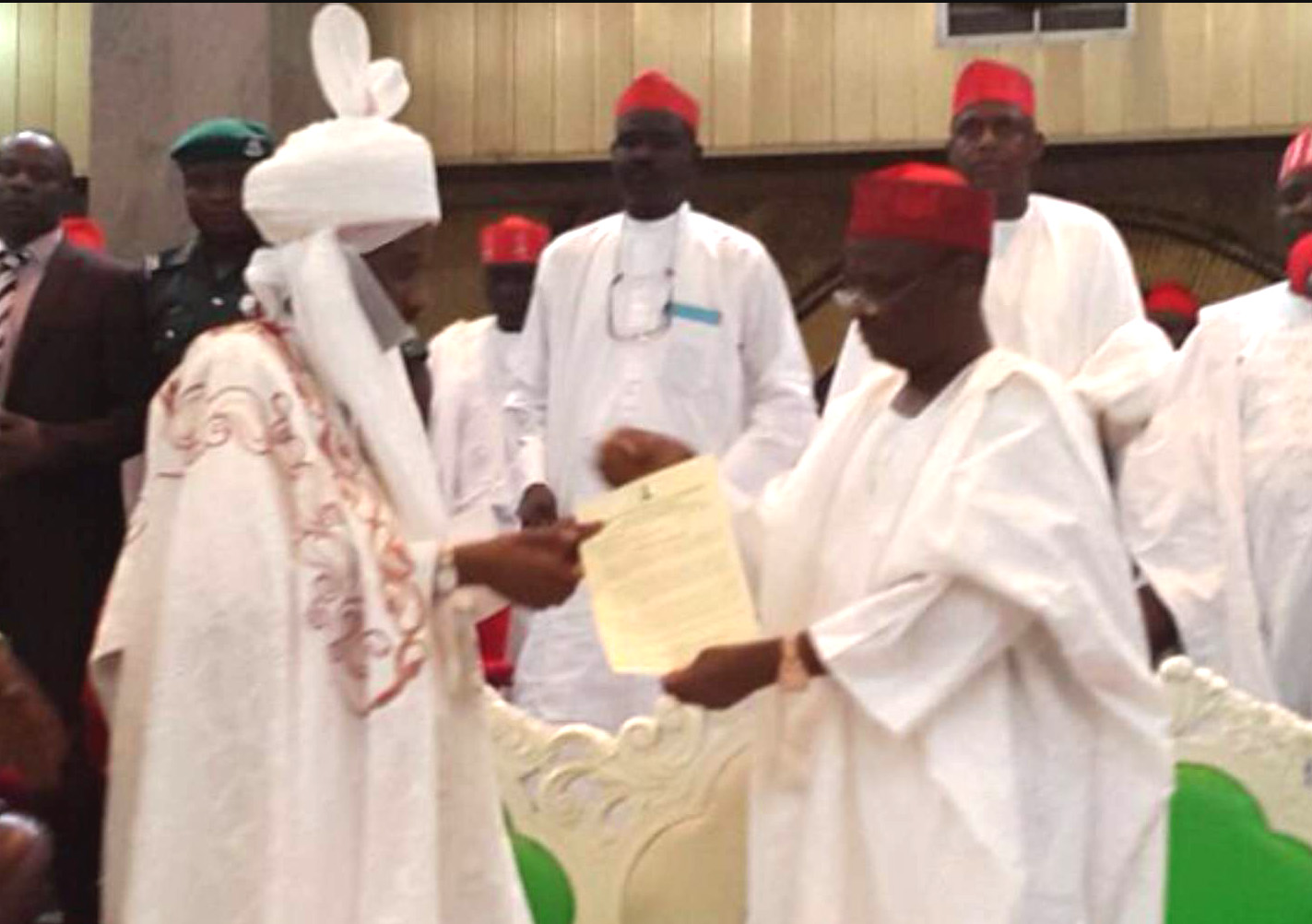
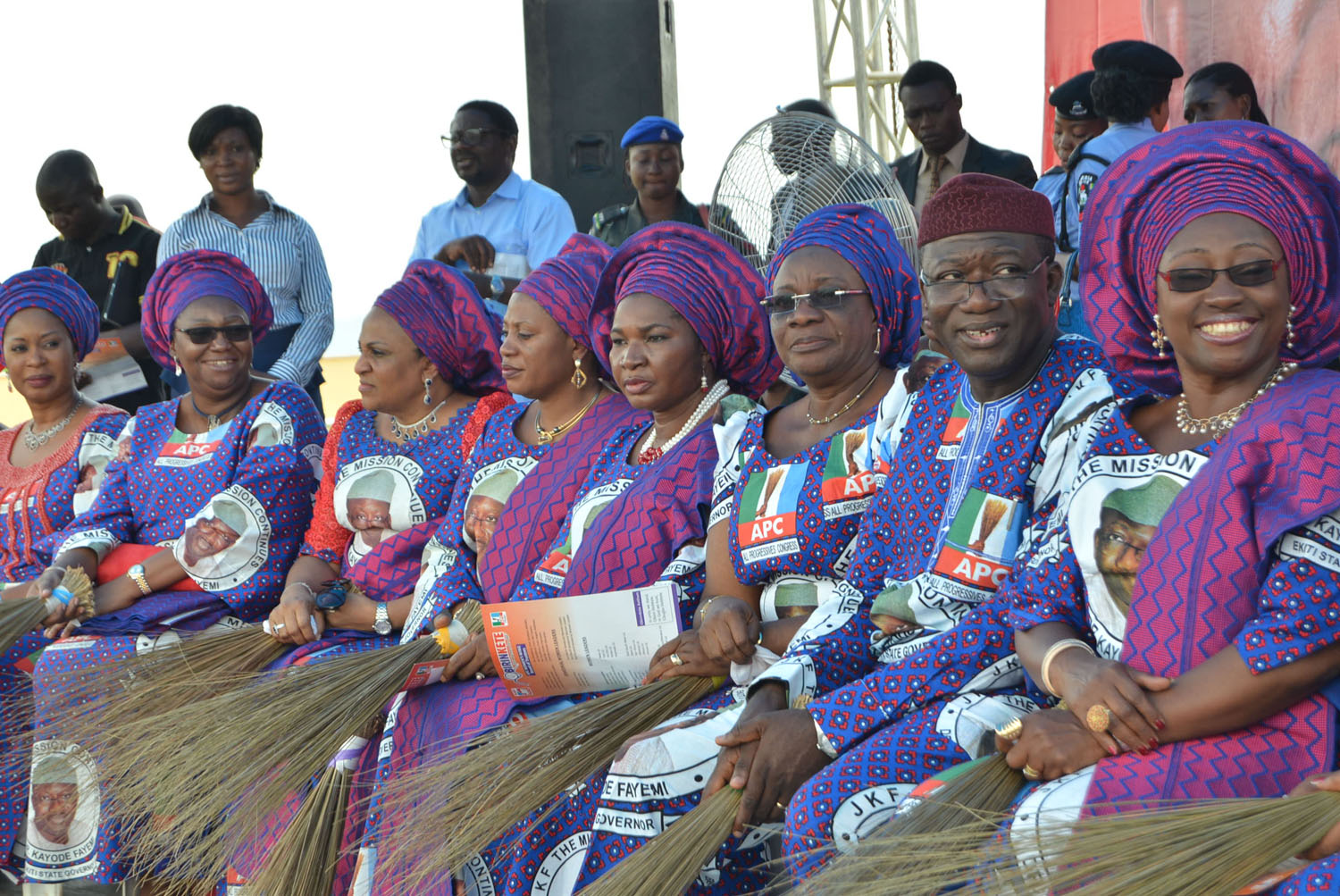
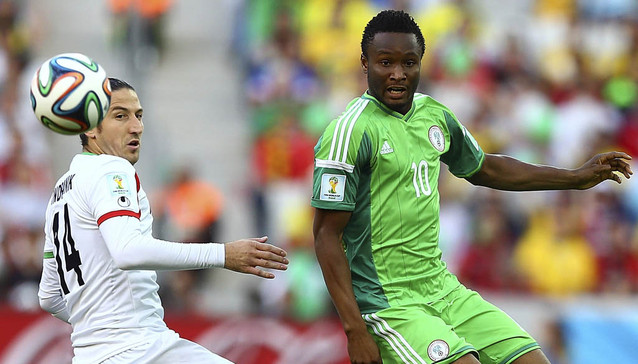
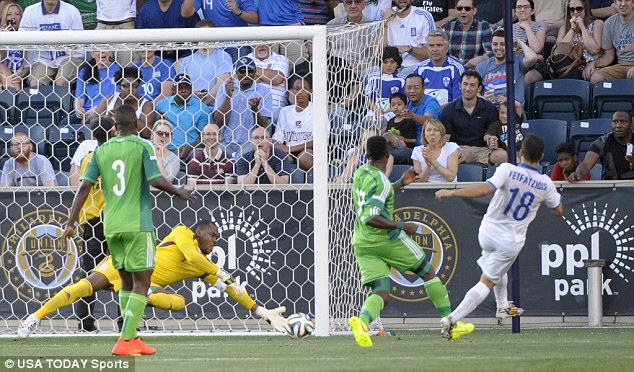
i am one of those that believe SLS should stay away from making controversial stattements but after reading piece am not sure i still do…your ending is superb. nice writeup